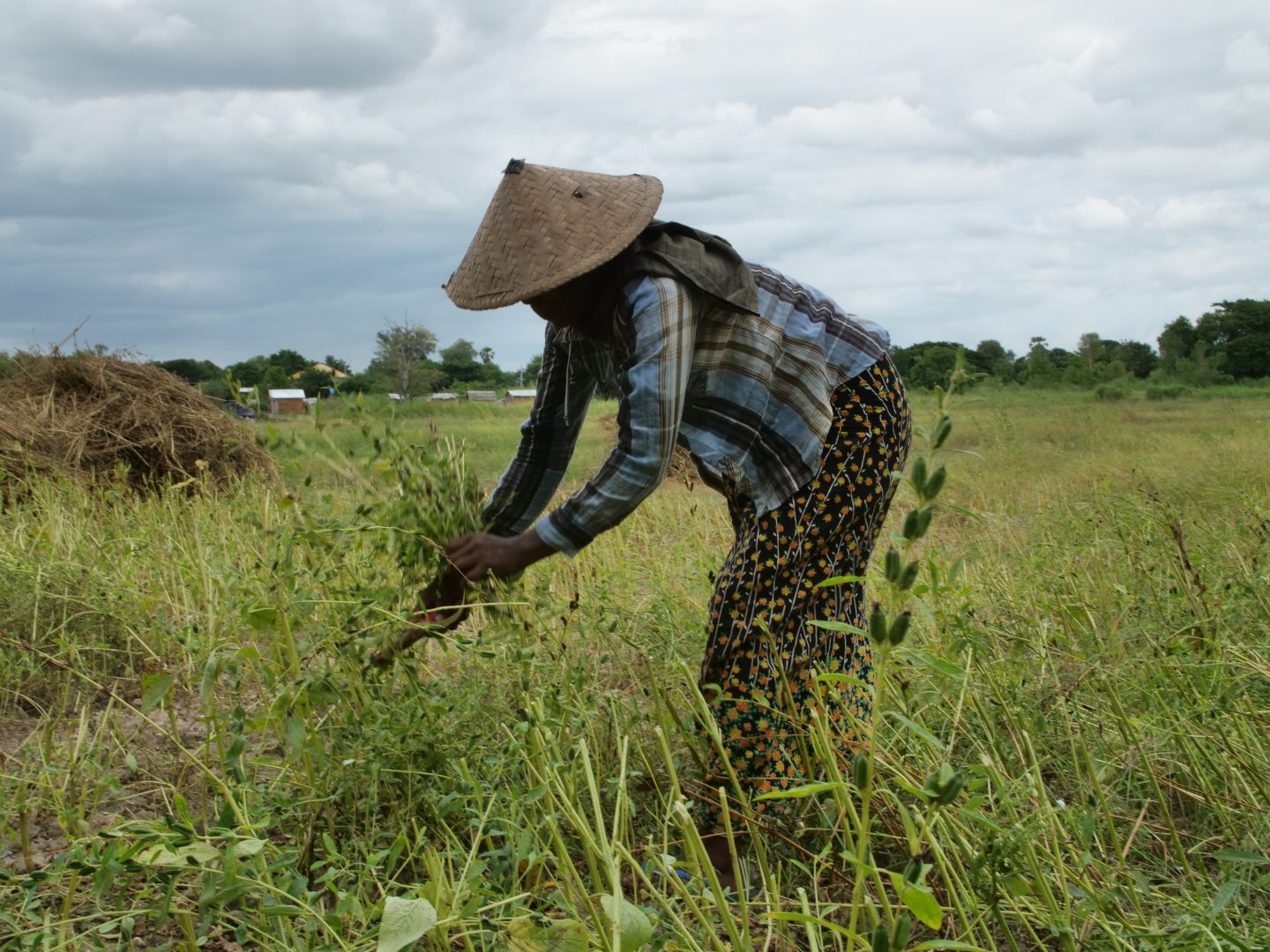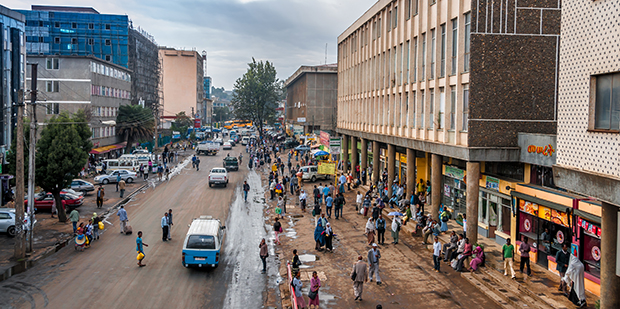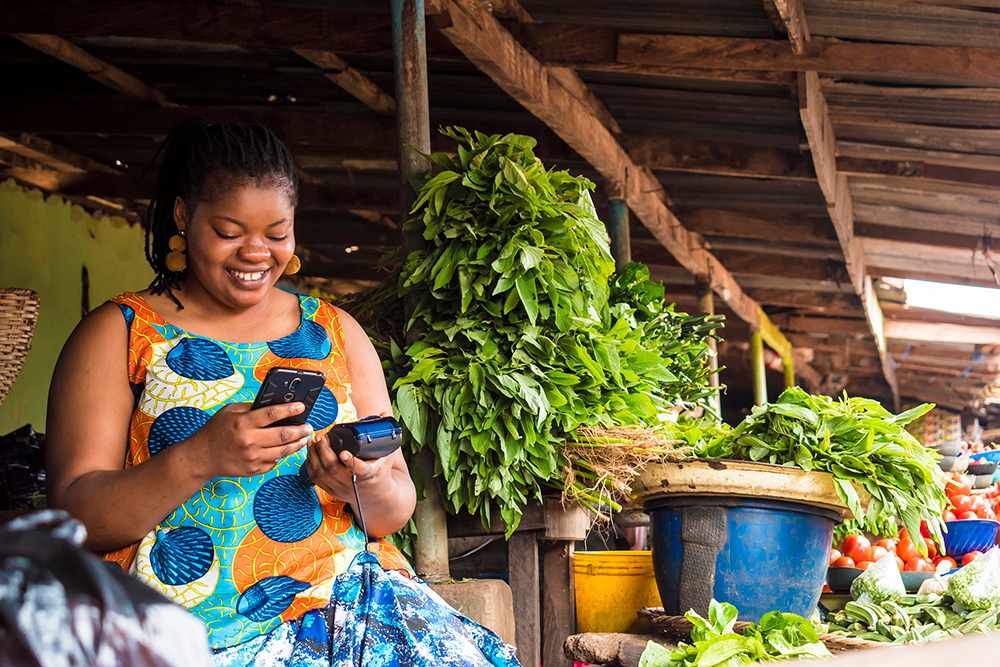How has COVID affected business sectors across Africa?
Tenbite Ermias CDC’s Managing Director for Africa joined InvestAfrica’s online event to discuss sustaining and promoting UK-Africa trade in a post-COVID world. Below Tenbite expands on his comments made during the event relating to the impact of COVID on business sectors in Africa.
You can watch the full event recording here.
CDC has been investing in Africa for over 70 years and at the UK-Africa Investment Summit in London earlier this year we reiterated our commitment to deploying £2 billion on the continent by the end of 2021.
Amid the global uncertainty and economic insecurity, international investors are retreating from Africa, at a time when capital is needed to support the economic activity which underpins jobs and livelihoods.
Businesses and markets across Africa are being affected by currency shocks and commodity pricing issues – the price of oil, which alone accounts for 40 per cent of Africa’s exports, has halved. The impact of COVID will be felt on the continent for the foreseeable future. A report by the United Nations Economic Commission for Africa found that growth on the continent is expected to slow from around 3.2 per cent to -2.6 per cent. Overall the report estimates a 50 per cent drop in demand for business across Africa.
Some of the most immediate impacts of COVID are already being felt in the retail and hospitality sectors. Lockdown orders have resulted in these sectors reporting up to 80 per cent decline in business, while banks and other service providers have reported 30-35 per cent decline. But these figures do not tell the whole story.
From CDC’s Africa offices we are seeing three groups of businesses emerging within our portfolio and across the continent; those which are critically impacted, those which are experiencing different levels of disruption depending on their area of the market, and those which have shown resilience and growth as they play a key role throughout the pandemic.
In the first group, those critically impacted – including the obvious victims such as retail but also transport and commercial real estate – will have to think carefully about how to move forward as viable businesses. For the second group we see sectors where some businesses have fared well in the crisis and other businesses have suffered. In food and agri-processing, for example, those which have in-house value chains are able to meet the increased demand for produce. However, those which rely on external supply chains have been adversely impacted.
The final group is businesses which have become critical for everyday life during the pandemic; those which meet basic needs such as providing connectivity and communication. These businesses have flourished under the current conditions and remained resilient throughout the crisis.
Across all sectors the role of CDC, and other development finance institutions, is to work to stabilise businesses and jobs. We will continue to support our portfolio businesses across Africa to protect their impact and the livelihoods of their employees.
Find out more about CDC’s response to the pandemic here.










